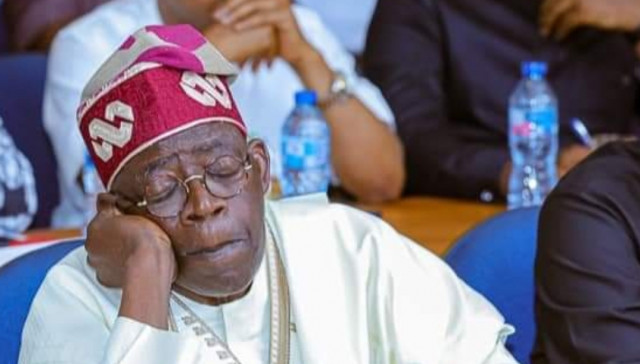The International Monetary Fund (IMF) has called on Nigeria to exercise caution in its expenditures following the introduction of stringent economic reforms aimed at enhancing revenue savings.
During a Fiscal Monitor press conference at the ongoing 2025 IMF/World Bank Spring Meetings in Washington, D.C. on Wednesday, Vitor Gaspar, the director of the IMF’s Fiscal Affairs Department, emphasized the urgent necessity for fiscal authorities and governments to establish financial buffers.
He indicated that governments need to act quickly and decisively while facing challenging trade-offs and difficult decisions.
It is crucial for policymakers to invest their political capital in fostering confidence and trust, starting with maintaining order within their own operations.
“This is particularly vital in circumstances that challenge the resilience of individual economies as well as the entire system. Maintaining order involves three key policy priorities. Firstly, fiscal policy must be integrated into an overarching set of policies.
“Secondly, in the majority of countries, fiscal policy should focus on decreasing public debt and rebuilding financial buffers that allow room to address spending pressures and other economic shocks through a dependable medium-term plan. Thirdly, fiscal policy should aim, alongside other structural policies, to enhance potential growth, thereby alleviating policy trade-offs during these uncertain times.
“Fiscal policy must serve as a foundation for confidence and stability, contributing to a competitive economy that fosters growth and prosperity for everyone. Finance ministers must build trust, impose fair taxes, spend judiciously, and look at the long term,” Gaspar stated.
The Nigerian division chief in the department, Davide Furceri, remarked that Nigeria had successfully made some tough decisions to create opportunities for fiscal savings, but it is imperative to use those savings wisely. “Nigeria has undertaken a challenging reform that was crucial for generating fiscal savings,” Furceri noted.
He indicated that the country should concentrate on enhancing revenue through better mobilization efforts and increasing expenditure in essential sectors like social protection and investments.
“That said, we recognize that numerous countries, including Nigeria, are confronted with urgent spending demands. However, spending must be executed prudently, which entails stronger prioritization and improved efficiency in resource allocation.
“One significant message for Nigeria and many other countries is the necessity of robust fiscal institutions. Medium-term fiscal frameworks and effective public financial management systems are crucial. They act as fiscal anchors to guide essential adjustments and mitigate uncertainty. We aspire for fiscal policy to be a source of stability rather than volatility,” he concluded.




















